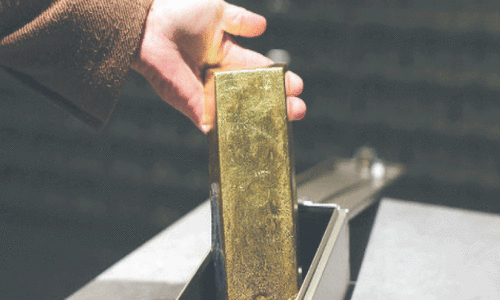LAHORE: The power of accountability courts to issue arrest warrants for ensuring attendance of suspects has been challenged before the Supreme Court for being a violation of the National Accountability Ordinance 1999.
Advocate Azhar Siddique filed a petition with the Lahore registry pleading that an accused is always innocent until proven guilty and on the basis of principles of settled laws after filing of a reference, an accountability court has no jurisdiction to ask an accused for bail for the purpose of ensuring attendance.
The lawyer states that in view of section 90 and 91 of Code of Criminal Procedure, 1898, the trial court rests with power to procure attendance by adopting procedure as prescribed therein and the accountability courts in Sindh province only can ask for bail before arrest.
However, he says, in other provinces the accountability courts always ask for bailable warrants and after submission of surety bonds they allowed accused persons to appear before the courts.
The petitioner-lawyer states that section 24 of the NAB ordinance 1999 prescribes special procedure for the purpose of initiation of trial proceedings but the accountability court lacks jurisdiction to procure attendance after getting a bail from the high court.
Citing a judgment of the SC, he argues that even in heinous crimes the power to arrest an accused rests with investigating officers and trial court has nothing to do with the arrest of the accused especially the NAB laws in view of section 24 of the ordinance.
The petitioner pleads that the power of arrest is only meant for the purpose of inquiry and investigation and not as a punishment, therefore, a trial court without conviction cannot force accused for bail before arrest or to send him/her in jail.
He contends the accountability courts have no power to grant bail so the issuance of non-bailable warrants for arrest of accused persons are illegal and without jurisdiction.
The petitioner asks the apex court to declare the powers exercised by the accountability courts to issue arrest warrants illegal and also direct them to adopt equal procedure across the country as directed in Article 25 of the Constitution.
Published in Dawn, October 5th, 2017














































